Professional Practice in IT: Case Study on Ethical Dilemma Analysis
VerifiedAdded on 2023/06/04
|6
|1109
|182
Case Study
AI Summary
This case study explores an ethical dilemma faced by Brenda, who discovers data entry errors in a new accounting software used by junior management at a leading city firm. The employees had signed an informed consent for anonymity. The dilemma involves balancing the company's financial interests, the junior management's privacy, and ethical responsibilities. The analysis considers the involved parties (Brenda, junior management, senior management, and shareholders), potential values at stake (integrity, confidentiality, professional behavior, objectivity, and professional competence), and the pros and cons of reporting the error. It also references the ACS Code of professional conduct and ACS code of Ethics and relevant legal frameworks, including Section 181 of the Corporations Act. The study proposes a course of action where Brenda should raise her concerns with the junior management and make recommendations to the company while maintaining confidentiality, safeguarding the interests of both the company and the employees.
1 out of 6
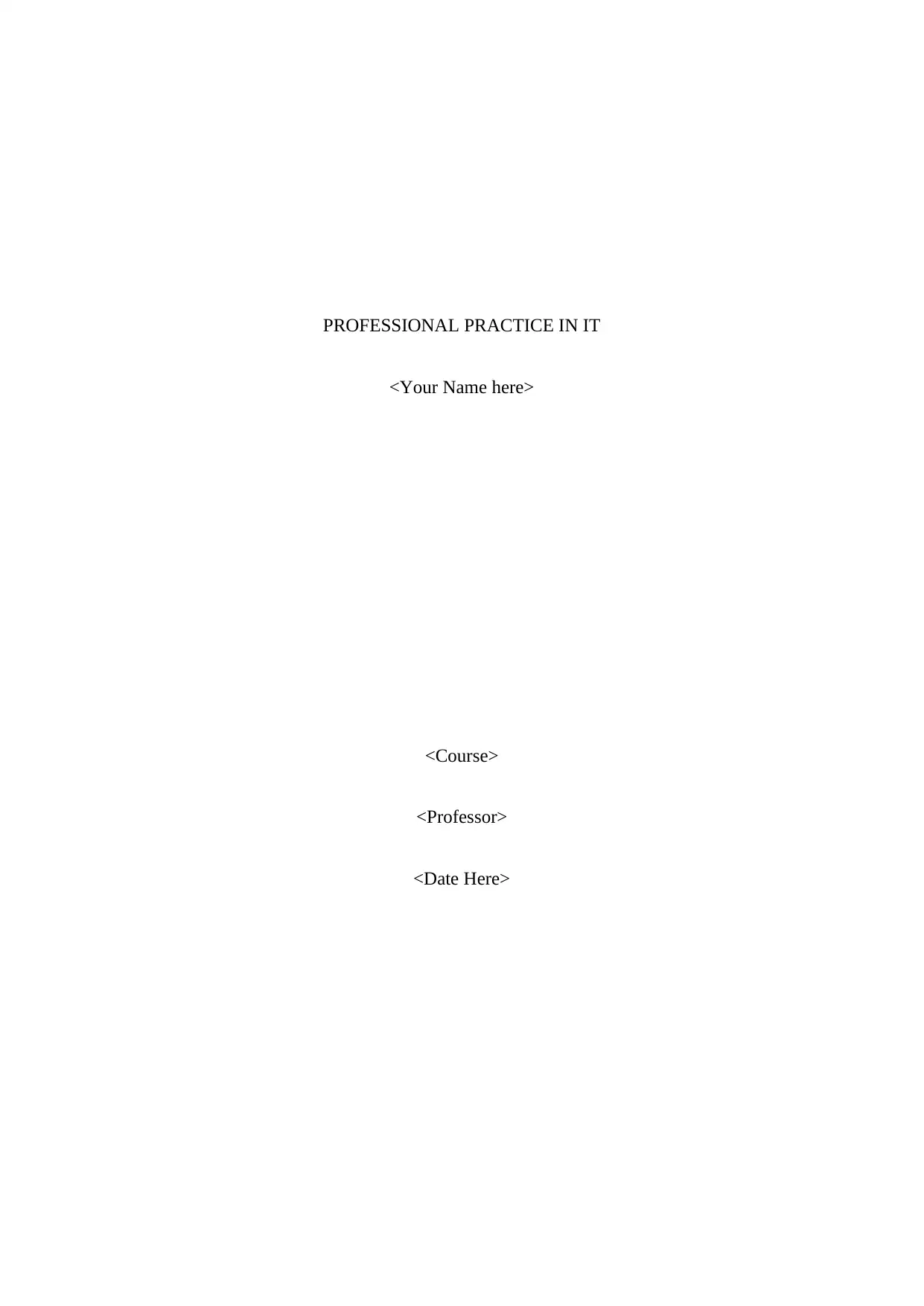
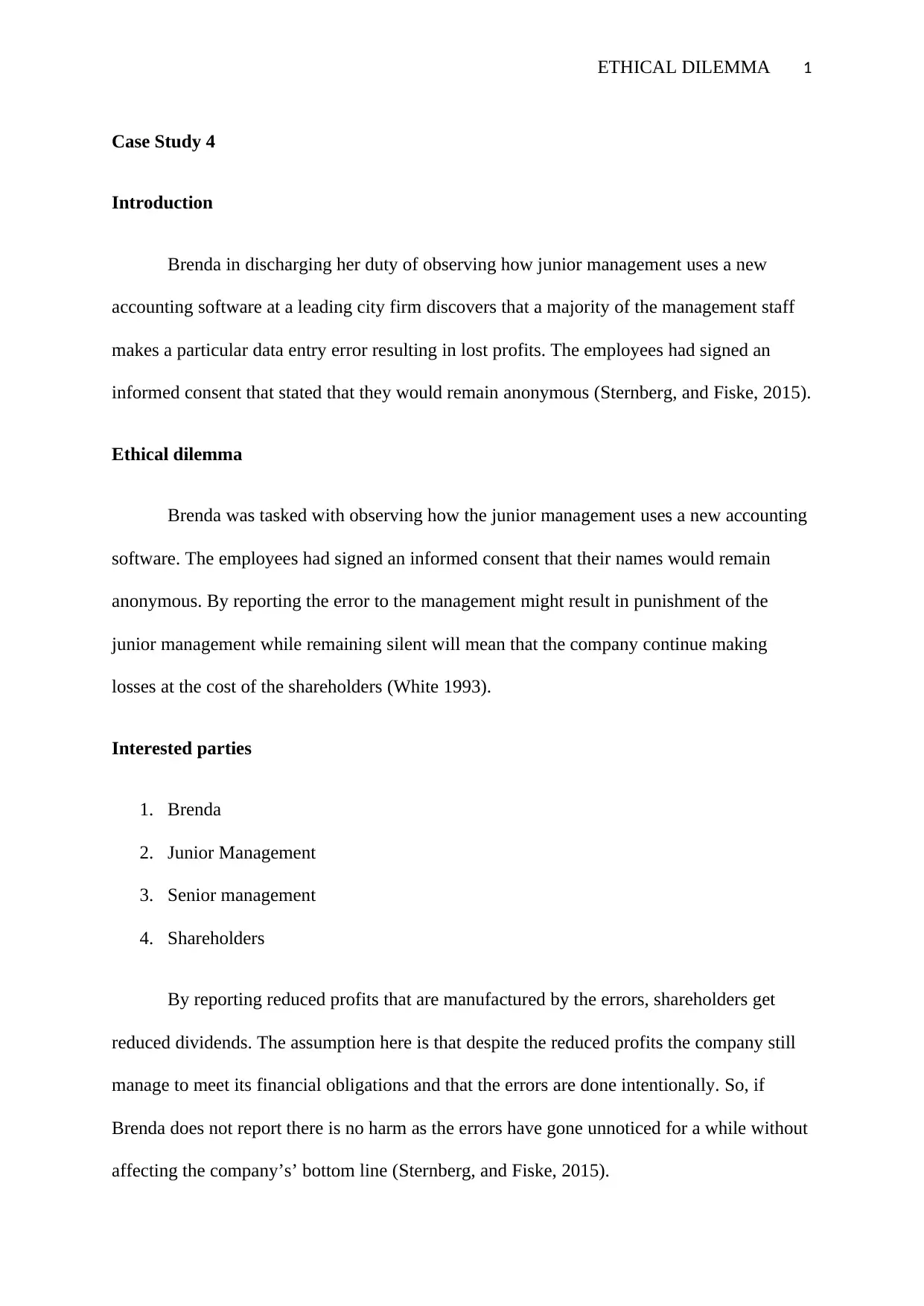
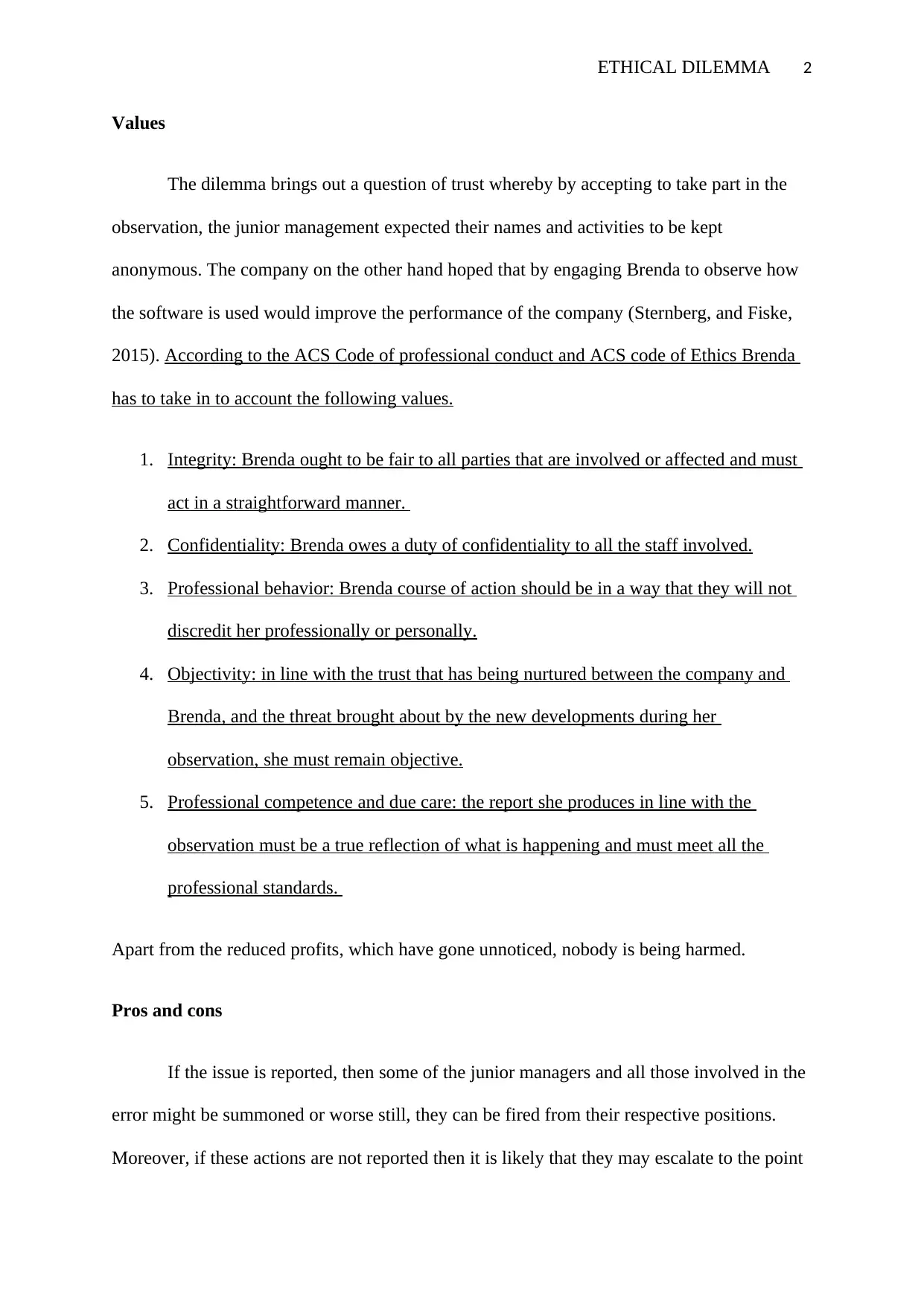

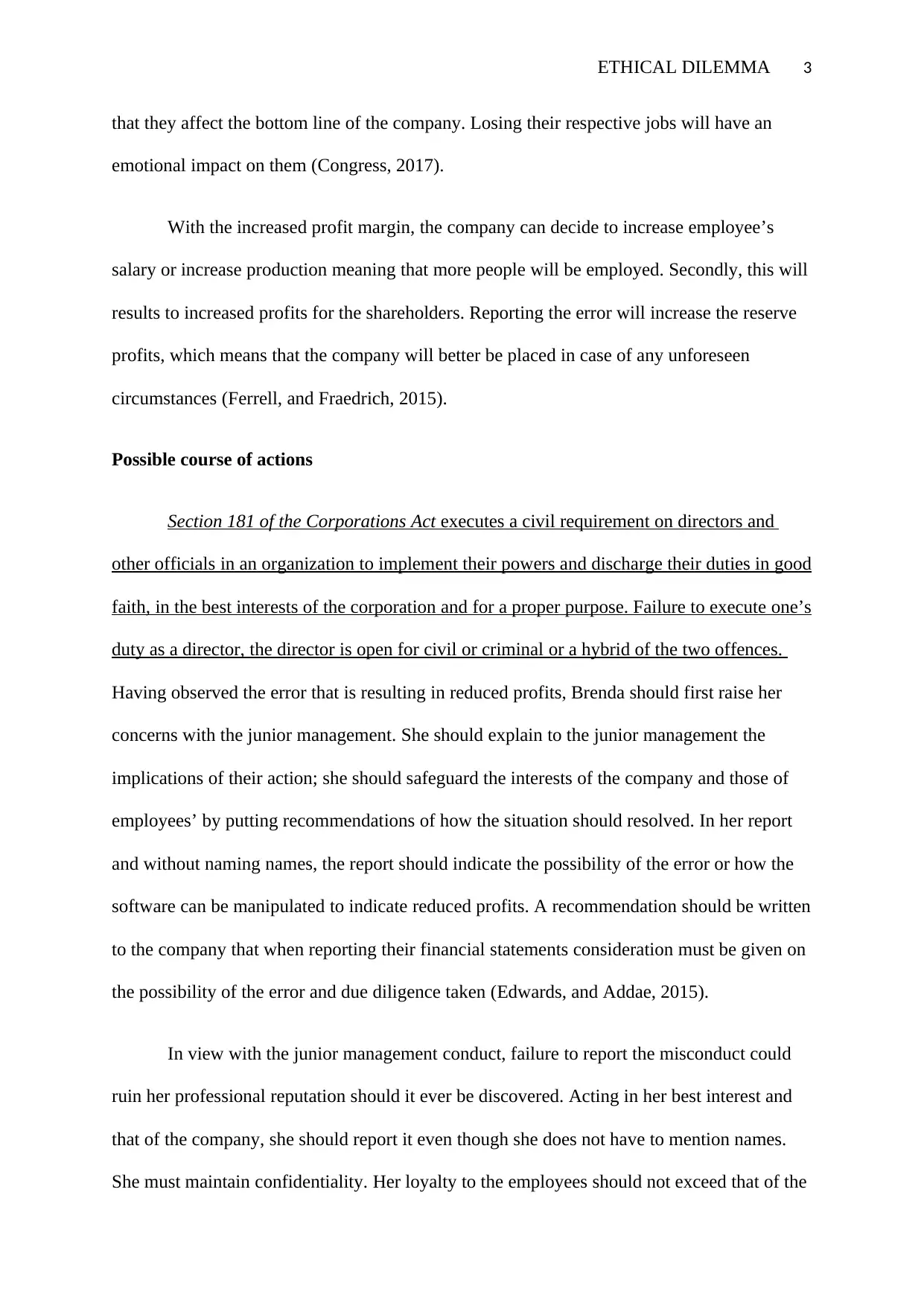
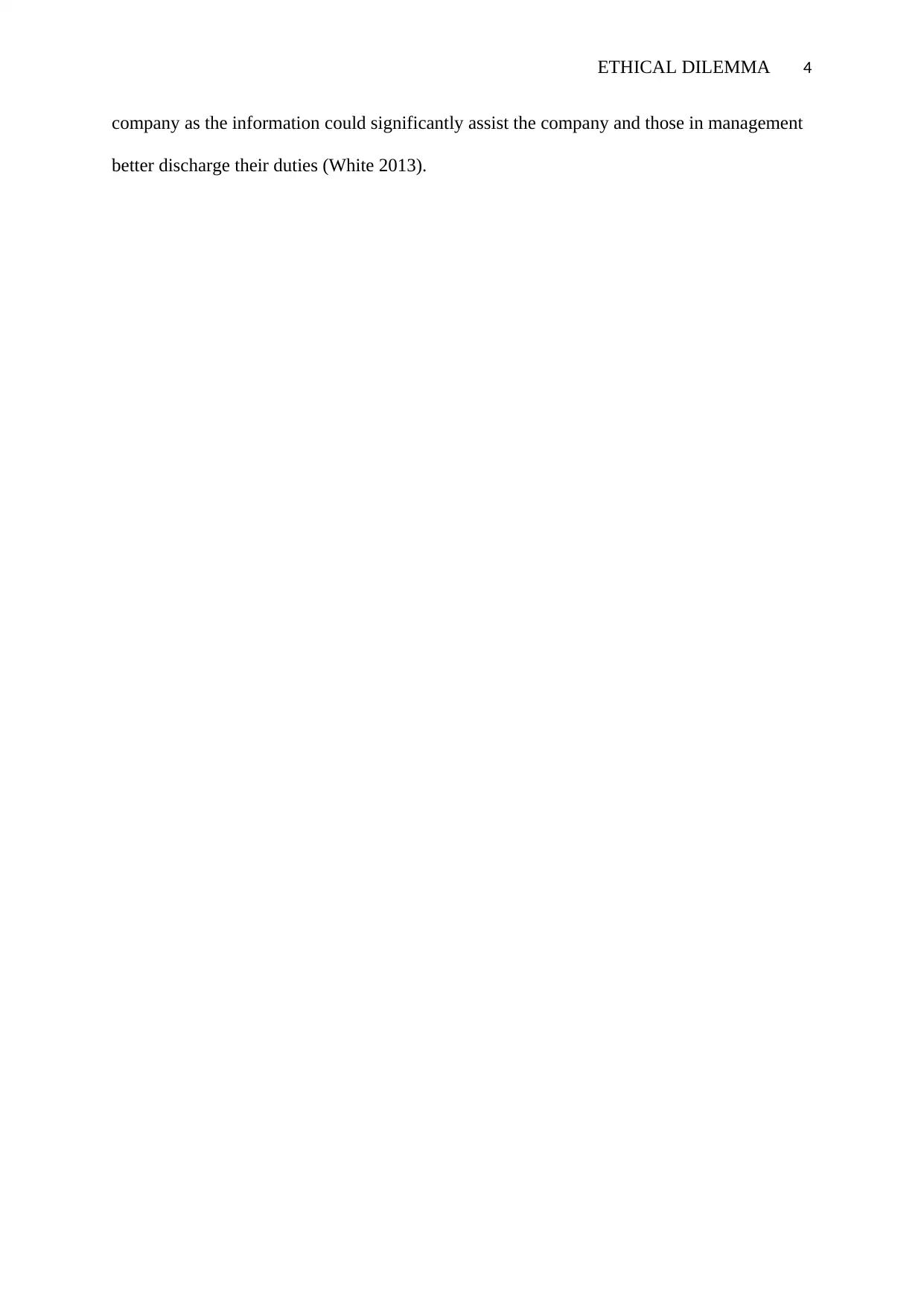
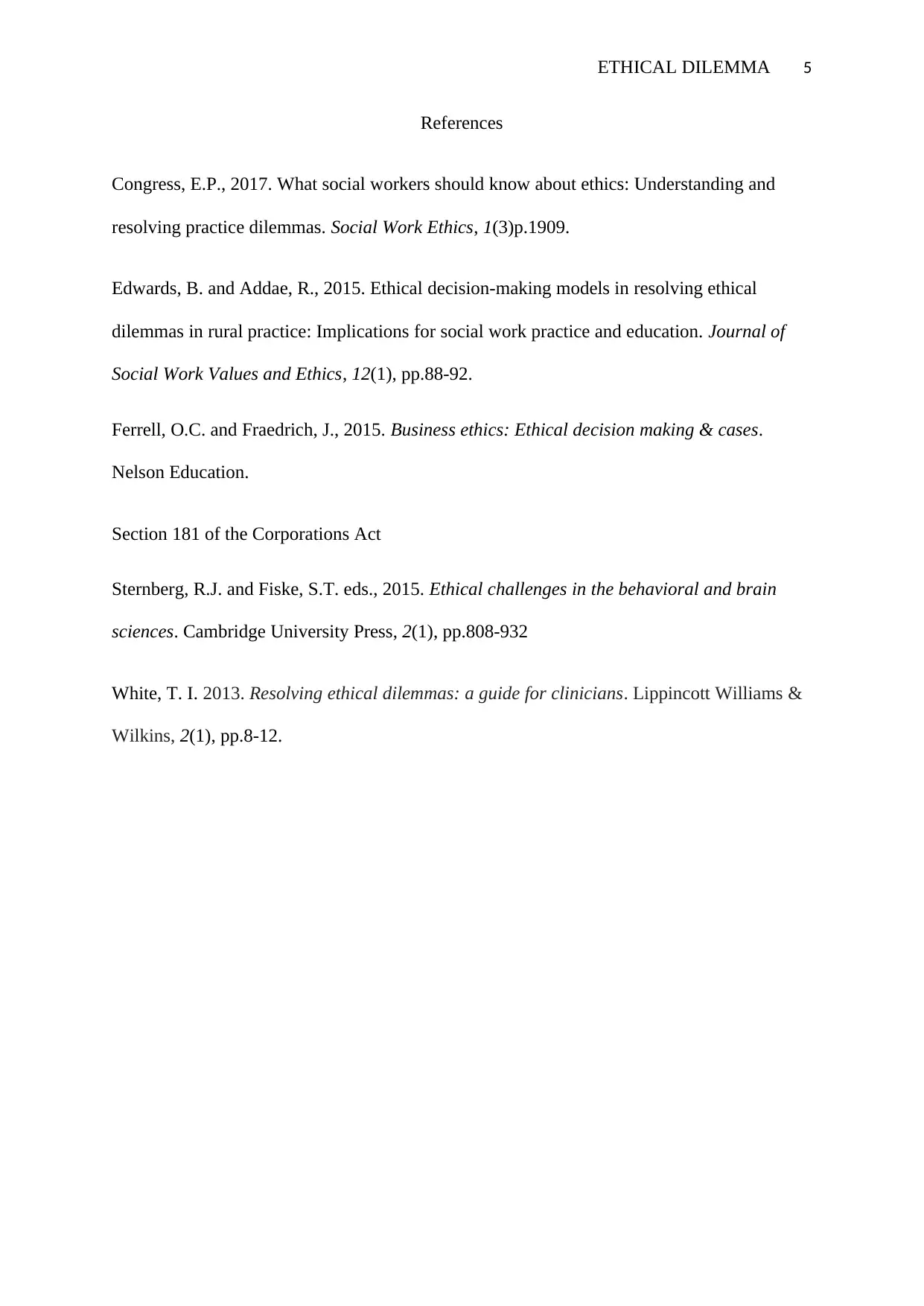

![[object Object]](/_next/static/media/star-bottom.7253800d.svg)